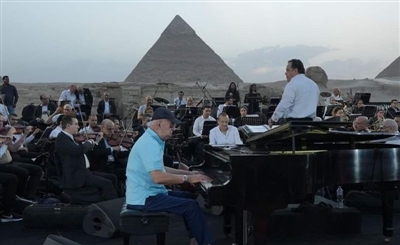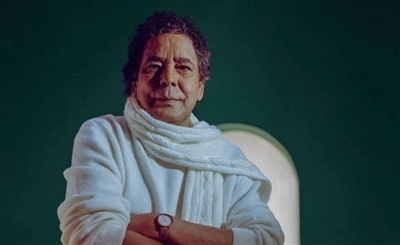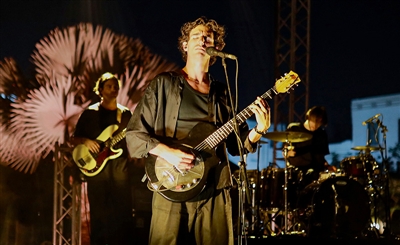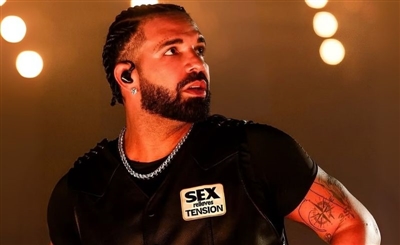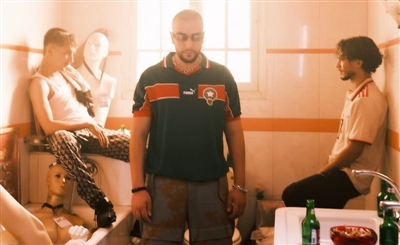Grimes & The Controversial Rise of AI Music
As AI covers takeover, we unpack the fake Drakes' and Arab Riri’s claim to fame.
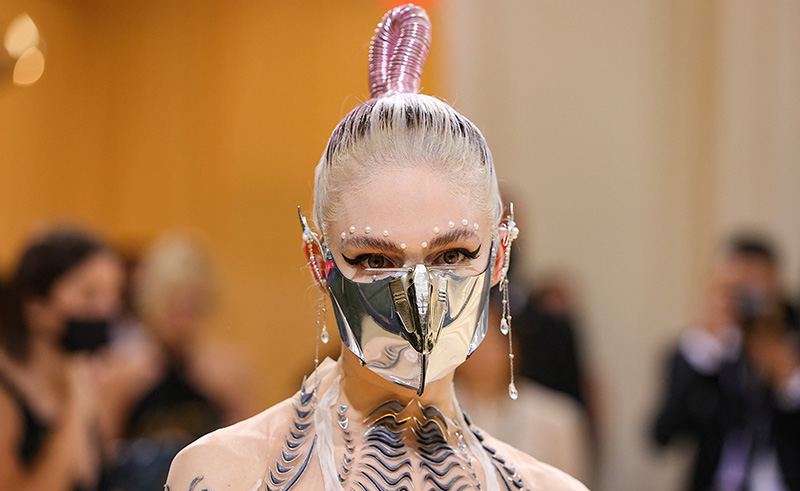
AI technologies are advancing at a breakneck pace, a mere three years ago the notion of Drake and The Weeknd appearing on the same track was probably just stuff of fantasy, or maybe a nightmare for Universal records… Let alone hearing Drake cover Wegz’s ‘El Bakht’, or even Rihanna covering Nancy Ajram. As weird as they are conceptually, or as different as these tracks are to our ears, they have a certain, almost kitsch value that keeps us listening.
With an unquestionable knack for causing controversy, AI tech companies have been receiving astounding praise, and equal backlash in the recent months. Described as heralding a new era by some, and the harbinger of doom by others, there are certainly no right answers or wrong answers when it comes to AI, or the ethics behind it.
For many the ethics behind AI is a gray area, but one area which brings out particularly hot takes is the subject of AI’s involvement in arts. AI paintings and photography are now a capable tool, and their kinks are continually getting worked out.
Naturally, leaving no stone unturned, AI has made its way into the musical sphere. In a constant push and pull, AI generated music has received very mixed reactions from both listeners and artists. On the artists’ side of the fence we have contrasting views that range from Drake’s playful nod towards AI-generated music with his voice, to Grime’s absolute acceptance of the idea, to the point of working on technology that will allow herself and other artists to record their vocals, specifically so that AI can be taught to recreate it for other artists.
Claire Boucher, aka Grimes, expressed her desire to be a “guinea pig” for this new tech, she also stated that she’ll be willing to share 50% royalties on any piece of music that reaches success using her newly developed technology. That made us wonder. Because essentially, Grimes only dropped a few lines for an AI to learn and then the tech took over from there to create an entire song. Ultimately, she had very limited involvement and arguably zero creative input, yet she can claim up to a massive 50% of gains. Is that fair? And what does that mean for other artists who are still not on board with the whole technology?
Boucher also went on to say that there are no legal bindings to artists using her AI-processed vocals, produced by Elf.Tech, as she is not signed to a label. She mentioned in a tweet that she would only take down pieces of music that promote or spread violence or hate speech, saying that she “would not want to be held accountable for a new anthem for Nazis.”
Grimes, in a staunch show of support for AI generated music and art, is reportedly working on 2 songs without release dates, called “Music for Machines” and “I Wanna Be Software”, characteristically quirky track names for a characteristically quirky artist, “Art is a conversation that has come before us, intertwining it with ego is a modern concept. The music industry has been defined by lawyers, and that strangles creativity.” Despite being a very fluid statement with a potential for breaking apart more than it constructs, we can’t doubt her seemingly intentions.
“Creatively, I think AI can replace humans. And so I think at some point, we will want to, as a species, have a discussion about how involved AI will be in art.” Grimes said, and whether we agree or disagree with her stance on the topic, we have to agree with her on this. Denying the strengths of AI would be to stand against an overwhelming tide, and is honestly a stance that’s set to fail. But with this strength and newness to the topic, and with our mix of apprehension and curiosity as we approach it, from musicians and listeners alike.
As AI generated music develops, we expect to see a consumer market that will ultimately adapt their ears to the new style of production. The only question that remains, is how soon could we see an AI top 100 chart?
- Previous Article Nourine Abouseada Releases Egyptian Dance-Pop Single ‘Mesh Fakrak’
- Next Article SCENENOISE PRESENTS Dawsha 02 - Malikah



